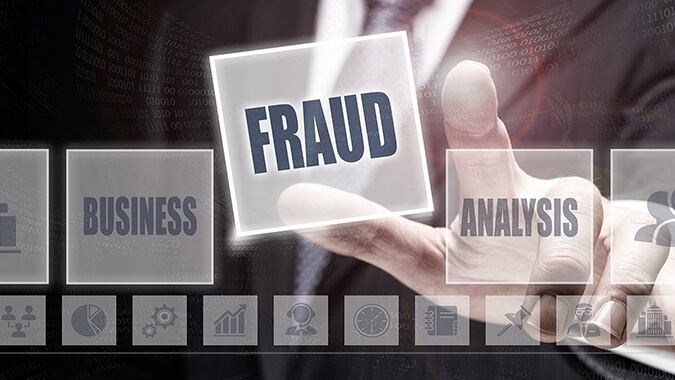
Work From Home Fraud
- Published
- Jul 6, 2021
- Share
Working from home was once a dream for many. A 2011 study by the Telework Research Network found that approximately 50 million people in the United States wanted to work from home, but only 6% (2.9 million) of them considered themselves to work from home full-time. That study also predicted that the number of work from home employees in the United States would increase by almost 70% by 2016. Fast-forward to 2021, and working from home appears to be an accepted part of the post-pandemic work environment.
The COVID-19 pandemic forced the world to quickly adapt to a new business practice that was slowly but surely coming along. Now, as offices reopen, many employees hope to maintain work from home environments. According to a FlexJobs survey, 65% of those surveyed want to work from home full-time, and 31% desire a hybrid approach; that is to say, 96% of respondents want some type of work from home arrangement. Because of this, having a choice of work environment and location is now a key factor for job seekers.
Although there are numerous benefits for both employers and employees in a work from home world, some employers have expressed concerns of decreased productivity, reduced collaboration, impacts on company culture, and an increase in data security risks. Several of these concerns are modern twists on old workplace fraud threats.
Time Theft/Payroll Fraud
Time theft, a form of payroll fraud, is when employees that are paid hourly, and employees that charge their time to clients, do not work or intentionally submitting false reports for time worked.
Employees can commit this fraud by simply not working, squeezing in personal errands during the work day, and not informing their employer of their whereabouts. In the past, knowing when employees come and go, take longer lunch breaks, or spend too much time at the water cooler was simple. The challenge now for employers is how to keep track of employees in a remote environment.
The last thing people want are daily check-in meetings. Employers don’t have the time and employees will feel like they are not trusted. A weekly meeting can benefit everyone, but what about the other 39 hours of the work week? Employers may need to revert to scheduled lunch hours and other break times, and schedule periods where employees must be reachable in a work-like environment or will need to notify their employer if they will not be available at that time. Another option is to have employees come into the office or store a few times each week, which will at least lessen the time they are at home, unsupervised.
Technology can be leveraged to assist in the monitoring of employees, using programs like Cisco Jabber allows employees to communicate via instant messaging, but also has tools that delineate when an employee is at their computer or is accessing the system from their mobile phone.
In the end, it all boils down to productivity. If employees are still productive and producing quality work or client service, it maybe not be worth the time to figure out if a project took them three hours instead of five. However, if the quality of an employee’s work product becomes glaringly less than it was before, or the amount of time it takes to complete a project increases substantially, this may be a sign of time theft that needs to be addressed.
Data Theft
Employees now have unsupervised access to company data, including sensitive data belonging to clients. This could be damaging to all sides, especially in healthcare or financial services. Data in an un-trustworthy employee’s hands could lead to theft of funds, or loss of money via litigation down the road.
In addition to an un-trustworthy employee, this theft can occur with a trustworthy employee that is a little careless. Employees leaving their computers unlocked with other family members or guests in their home can pose a serious threat. These third parties can access this sensitive data and cause damage to the company or its clients just as easily.
IT departments will need to ramp up their security measures with the use of VPNs and requiring their employees to take actions such as using secure home networks, creating complex passwords, adjusting settings on their computers to lock after short periods of no use, implementing multi-factor authentication, and providing annual training and updates to the employees on data security.
Hiring Scams
Scammers posting as employers are also dipping into the new fraud opportunities and looking to scam job seekers that are searching for work in this new environment. Applicants need to be vigilant when applying to what may seem like a great work from home job but in reality is a work from home scam. There are plenty of tell-tale signs, but some of the major red flags include poor grammar and repetitive words in the job description, promises of a quick hire and a too good to be true salary, sudden increase in junk email in your inbox, application fees, no contact with an actual person, or providing direct deposit information during the application process.
When it comes to work place fraud, it’s important to be aware and trust your gut. If you feel like your employee is taking advantage of more independent or flexible work arrangements, or if a possible job opportunity feels like a scheme, it just might be.
FRAUD WEEK INSIGHTS
What's on Your Mind?
Start a conversation with Michael
Receive the latest business insights, analysis, and perspectives from EisnerAmper professionals.












